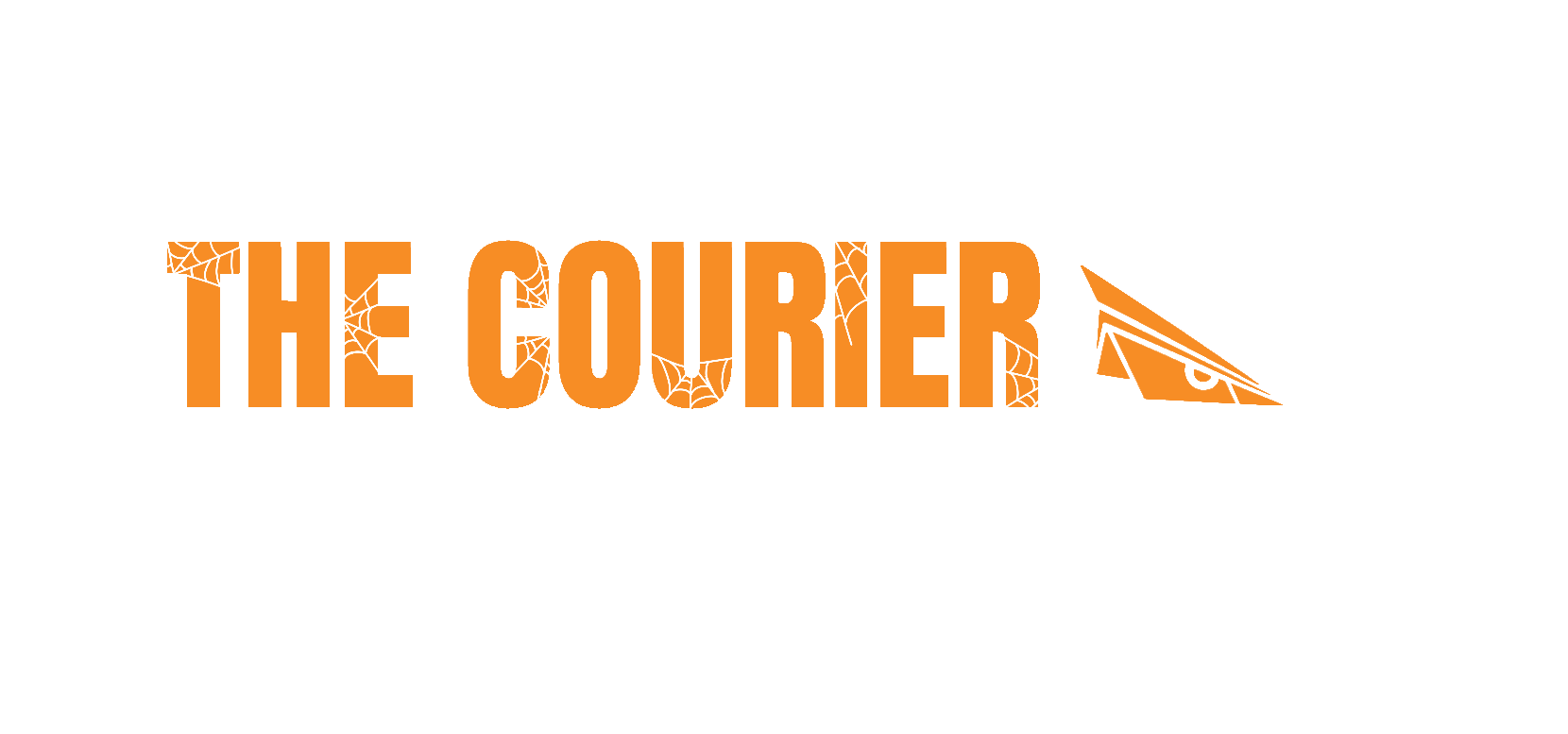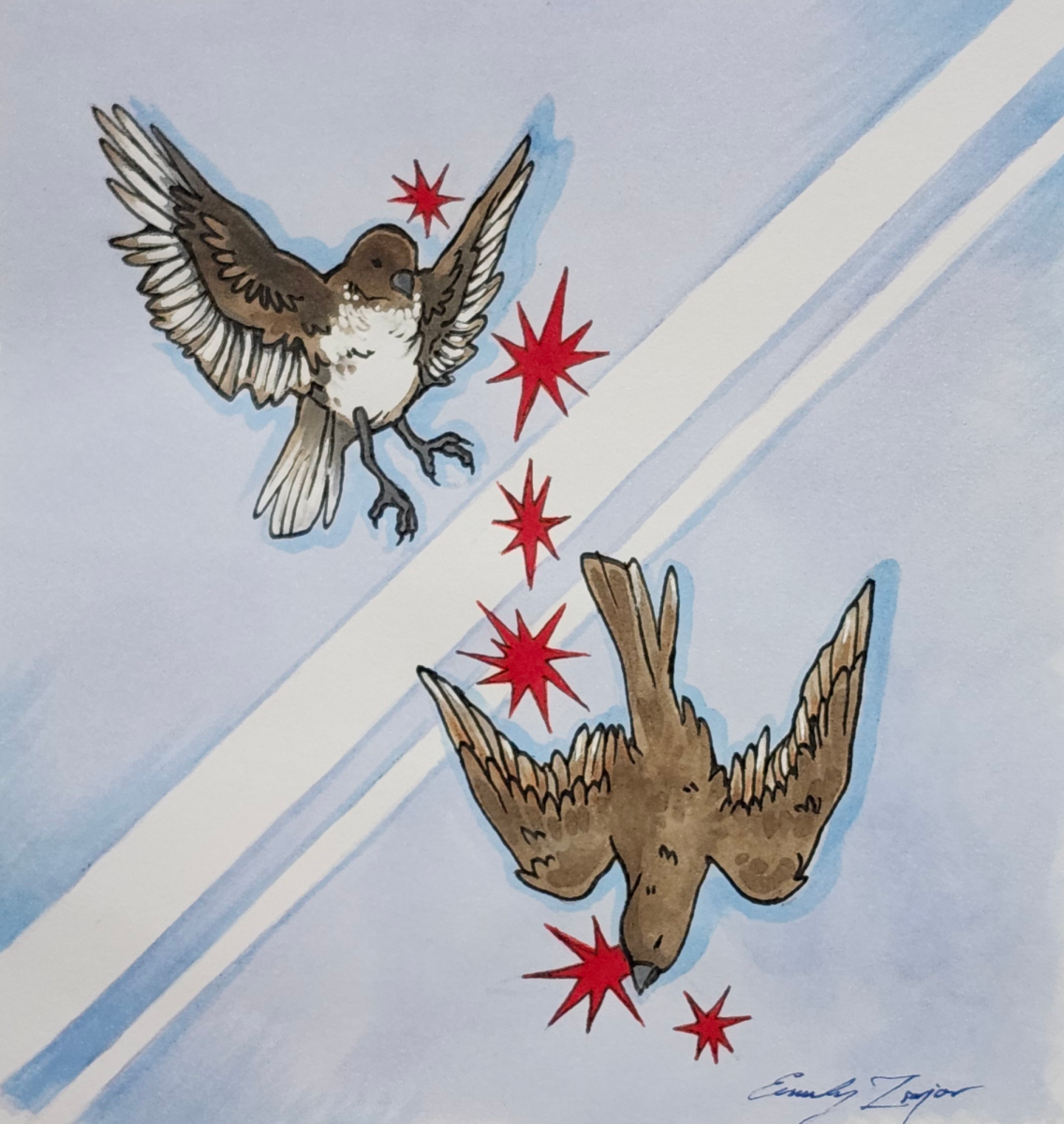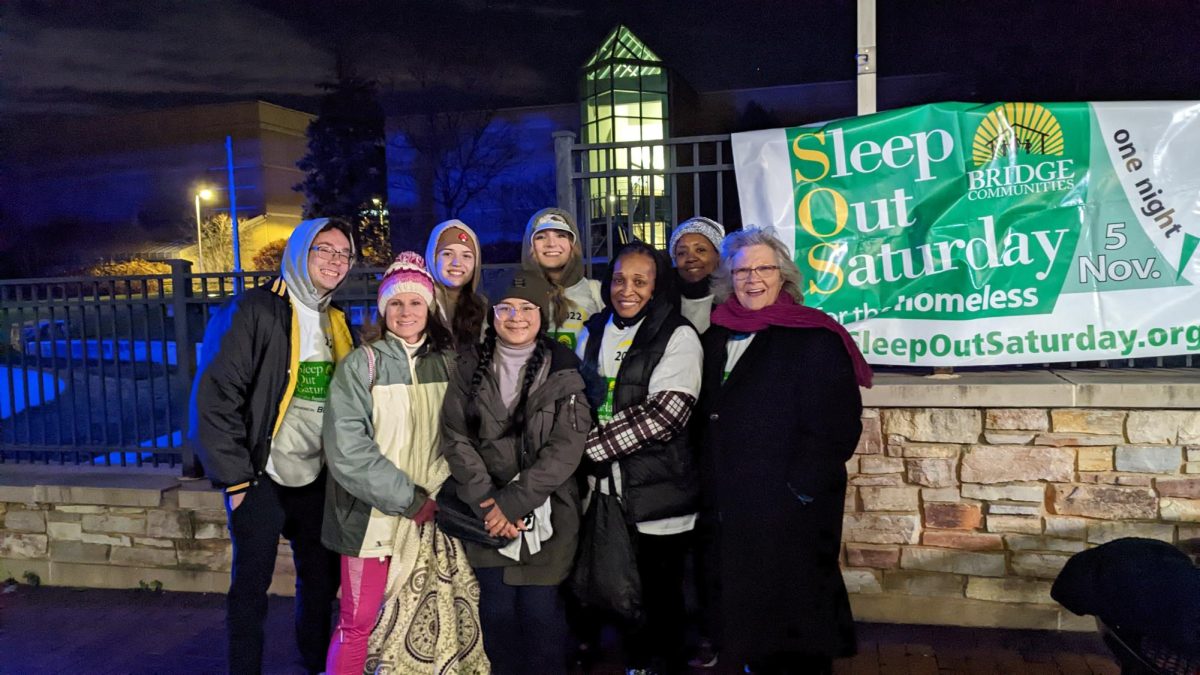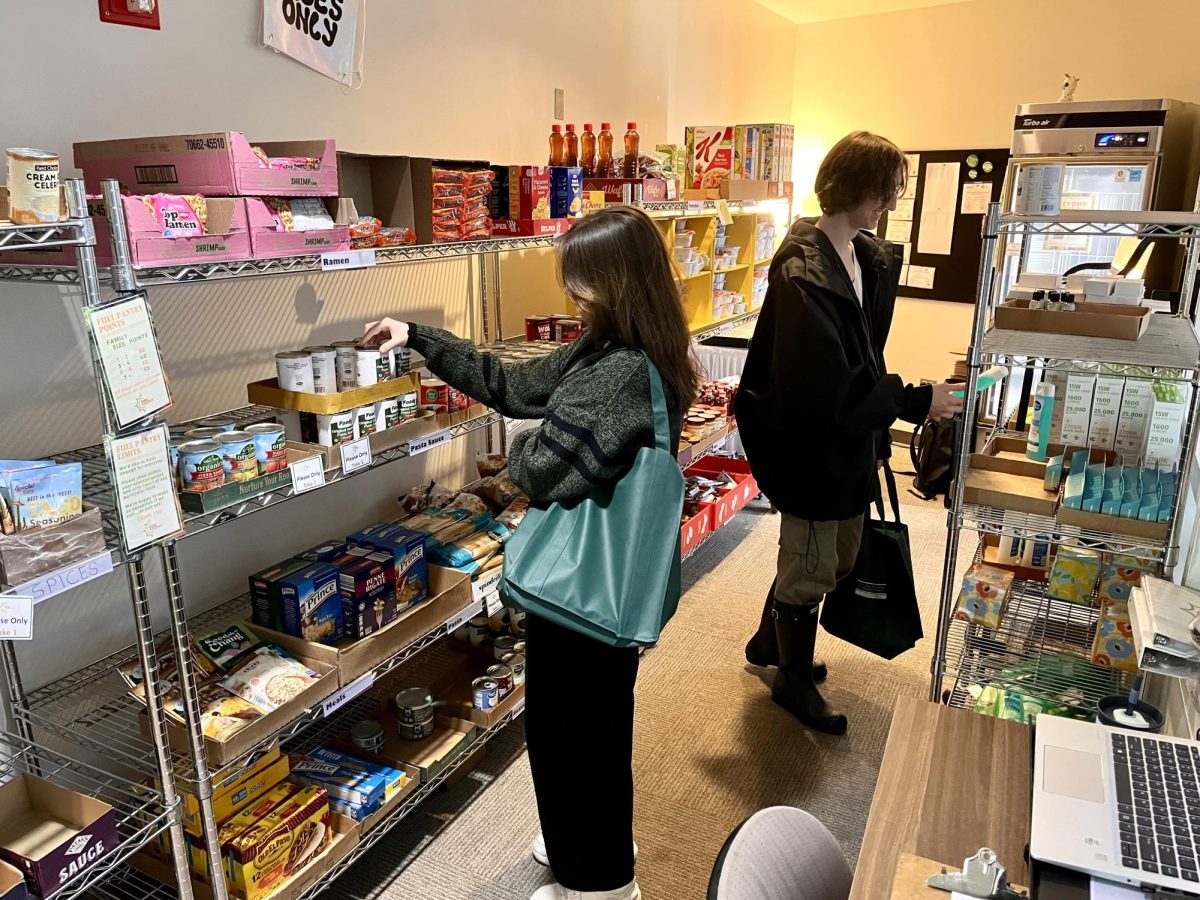While teaching remotely from his office during the pandemic, College of DuPage Professor David Ouellette began noticing a troubling pattern. Birds were repeatedly colliding with the east-facing windows of the McAninch Arts Center (MAC), near the pond.
“Every morning, it became sort of a routine that I would come in, find two or three birds, and bury them out there,” he said.
Now in its third year, Bird Friendly COD is a local, volunteer-based monitoring project that works alongside Chicago Bird Collision Monitors and the DuPage Wildlife Conservation Center to track bird-window collisions during peak migration seasons. Launched in spring 2023 by Ouellette, the program conducts two months of monitoring in both the spring and fall, compiling its findings into a comprehensive annual report used by College of DuPage (COD)’s Natural Areas team to help prevent future wildlife incidents.
Wilson Toler, a student worker in the Natural Areas department, helped compile the report after conducting field research with Bird Friendly COD.
“The report gets the word out to COD, to students or staff who actually see it, and brings more attention to the issue at hand,” Toler said. “We’re basically saying, ‘We did this research, we found the problem, and now we’re taking the next step to try and solve it.’”
Approximately 133 bird collisions were reported across College of DuPage’s 40-acre campus according to the 2024 report. Of those, 109 birds were presumed dead on impact. About 33% of the strikes occurred outside the Student Resource Center.
“A hotspot last year was right outside the COD Library,” Toler said. “There’s this whole wall of glass that birds confuse with reflections of trees and sky. It’s unfortunate.”
One of the initiative’s long-term goals is to incorporate FeatherFriendly glass into campus buildings, Ouellette said. The specialized glass uses visible patterns, films or textures to help birds recognize and avoid transparent or reflective surfaces, a leading cause of fatal collisions during migration.
“Birds see ultraviolet light as purple, and are able to see these transparent glass patterns and avoid crashing into them,” he said. “The problem, though, is that it’s only about 70% effective. Using something more visible, like black lines or dots on the glass, has been shown to be around 98% effective.”
Aesthetics often become a challenge when considering bird-safe alternatives. Highly visible markers can be seen as visually intrusive on buildings with large glass facades, Ouellette said, making it harder to get buy-in for wide-scale changes.
“It’s a heavier lift, funding-wise and looks-wise, but if you save one life of a bird, it’s worth it,” he said. “I mean, what’s the value of a life?”
Ouellette has met with COD’s cabinet, and the group is currently negotiating with members to discuss cost in order to implement the glass.
Beyond the positive environmental impacts presented through the project, Ouellette also discussed the opportunity for COD to be a leader on the bird-friendly front. Other four-year colleges–Northwestern, Loyola and University of Illinois-Chicago among the few–have taken steps to implement more bird-friendly campuses.
“We pride ourselves on being innovative,” Ouellette said. “And we pride ourselves on our natural areas. This is another way we can signal that.”
Recent construction projects have raised concerns about their impact on campus wildlife.
“Right now, they’re redoing the Student Service Center (SSC) entrance, and it’s just a huge plate of glass,” he said. “Whenever we undertake a new construction project, we need to consider what the impact will be to the animal life.”
To raise awareness on more eco-friendly practices, Bird Friendly COD will host a screening and discussion with director Erika Valenciana of “Broken Flight,” a short film by Valenciana and Mitchell Wenkus about the behind-the-scenes work of collision monitoring, on April 16 from 12 p.m. to 1 p.m. in MAC room 175.
“We want people to be aware that human interventions into the natural world are always met with animal resistance in one way or another,” Ouellette said. “Animals are always impacted by our behaviors, whether it’s driving or putting up a new building or parking lot.”
To learn more about Bird-Friendly COD, visit https://library.cod.edu/biology/bird or contact David Ouellette at [email protected] for more information.









